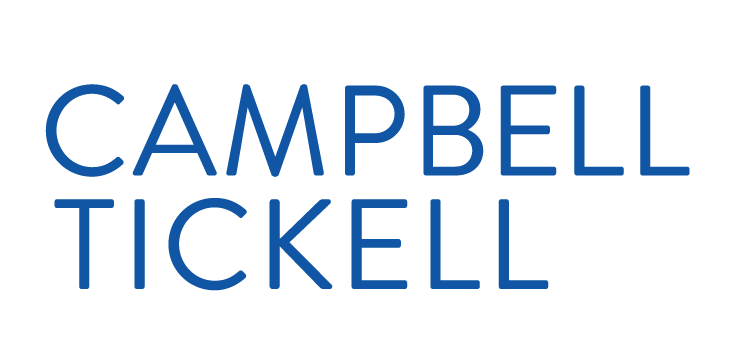Talent attraction and retention
Many of the changes discussed thus far – not least the shift to remote working and the reimagining of the employee value proposition – will have consequences for how organisations compensate their workers.
“You are going to need to think about reward structures in a different way, because people will want to think about what does reward look like for me,” confirms The Nursing and Midwifery Council’s Francesca Okosi.
She says reduced or modified hours, the ability to work from different locations and other flexibilities will have to be built into pay and reward systems. “So I think employers are going to have to think very carefully about what the total package is,” she adds. “It isn’t just going to be a salary, a bit of London weighting, a bit of performance pay. People’s ideals and what they value about life are very different as a result of what’s happened in the last 12 months.”
Rewarding roles
Even before the pandemic, different generations had a different attitude towards their reward packages, with salary perhaps becoming less of a determining factor in whether you joined or stayed at a company.
“I think that was already becoming the case for millennials, but I think it’s broader now,” says Okosi. “People are thinking about the quality of their life, and also their development. So the more qualitative things, as opposed to just the financial things, are becoming important. Increasingly now I’m seeing candidates ask the question: ‘What are the expectations about flexibility? Am I going to be expected to come into the office, or are you thinking differently?’”
Some organisations, such as Johnnie Johnson Housing Trust, have introduced ‘lifestyle contracts’ which change as employee circumstances change. But there’s another element at play too, beyond demands for greater flexibility or a different pay structure – and that’s culture.
“People’s ideals and what they value about life are very different as a result of what’s happened in the last 12 months”
Power of purpose
Thomas Davies at Temporall believes candidates will look at an organisation’s purpose and values just as much as – if not more than – what they are prepared to pay.
“There is absolutely no doubt whatsoever in the last five years that those companies of all shapes and sizes that have focused their efforts on purpose, have attracted a wider demographic circle of people that are generally magnetised to their business,” he says.
“And that is not just local tech start-ups. Companies that have orientated their brand and their identity towards purpose have continued to win the talent war, as long as it’s congruent and authentic.”
CONTRIBUTORS:

Francesca Okosi Director of People and Organisational Effectiveness, The Nursing and Midwifery Council

Thomas Davies
Founder, Temporall
